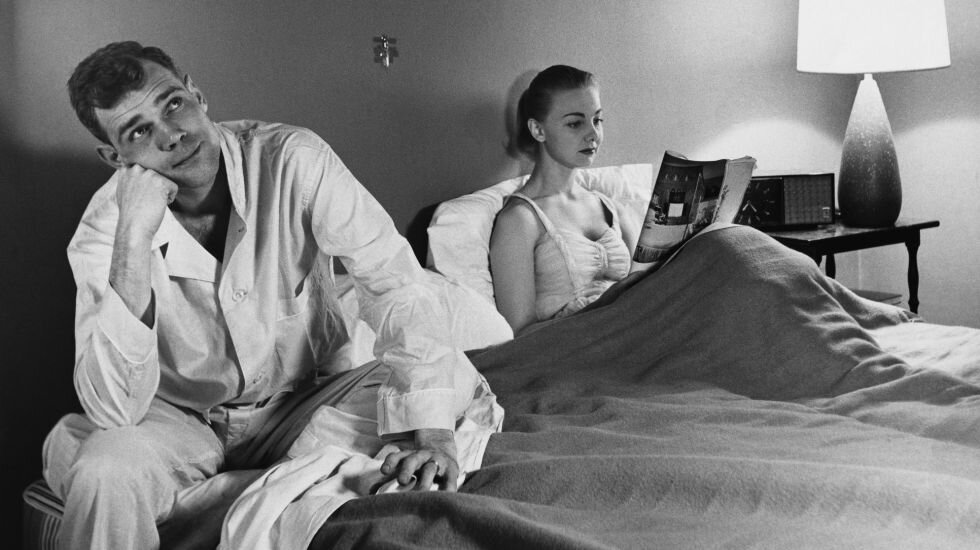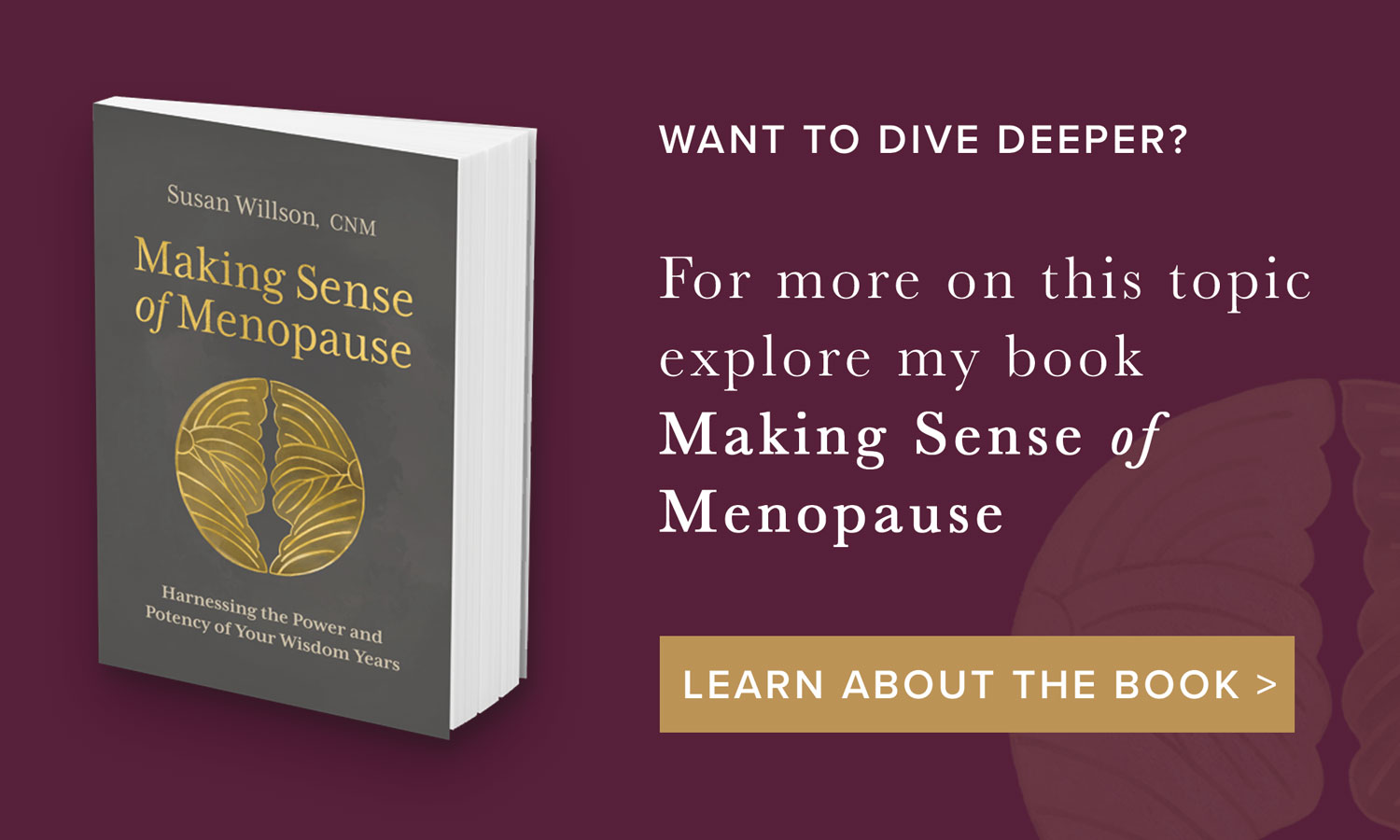Where Oh Where Has My Libido Gone?
Probably the menopausal symptom most often noted by women in my practice is lack of libido. This holds true whether they have a partner in their life or not. Sometimes they feel fear that they are losing this part of their lives and will not be able to get it back. They have heard so many stories telling them that this will be so. Sometimes the concern is that they are partnered and their partner wants sex more often than they do. Whatever the issue, the underlying feeling tone is fear and loss, because that is what we have been acculturated to expect from menopause.
One thing I have noticed though, is that these women are not just talking about their sexual desire. I tend to agree with psychologist Carl Jung, who saw libido more as general life force, aliveness, our urge toward life - not just sexual desire. And to a one, that is what these women are talking about. They no longer feel aroused – not just in a sexual sense, but by life. They are stressed and exhausted, there is nothing new and engaging – same partner, same job, no end in sight. They are bored and tired. If our life force is shut down, there will be very little that we find arousing.
There are several reasons this may be true. In modern life, if partnered, we often live on parallel tracks to our partners – different jobs, different deadlines, different responsibilities. Then we fall into bed at night, after barely having seen each other, or knowing little about the details of each others’ day or stressors, and are expected to be intimate. This works better for men, as their brains are wired visually, and for them, the feelings of connection generally come after the sex. Women’s brains are more wired to need the connection, safety and lack of stress before wanting the physical connection. Yet women also feel pressure from media and popular culture, for their sexual desire to look like that of a man.
While there are many physical reasons that a woman’s sexual desire may be low at menopause (hormone or neurotransmitter imbalance, stress and exhaustion), I feel we could all benefit from checking in periodically to take an honest look at what arouses us – in all senses of the word – and try to bring more of that into our lives. It is an important place to begin.
So, begin by doing some basic exploration:
What is the state of your libido now?
What arouses you? How has that changed since you were younger?
When do you feel it? In your body, in your brain?
What can you do to bring more of that into your life?
Do you know what arouses your partner? What are your shared interests? Make some time to engage in them.
Be authentic with your answers. Claim what is real for you, not what is expected. Ask for what you want, explore and see what feels good, how you want to be received. Also look at what you believe to be true about this time of life. We will talk about that soon. Until then…..

